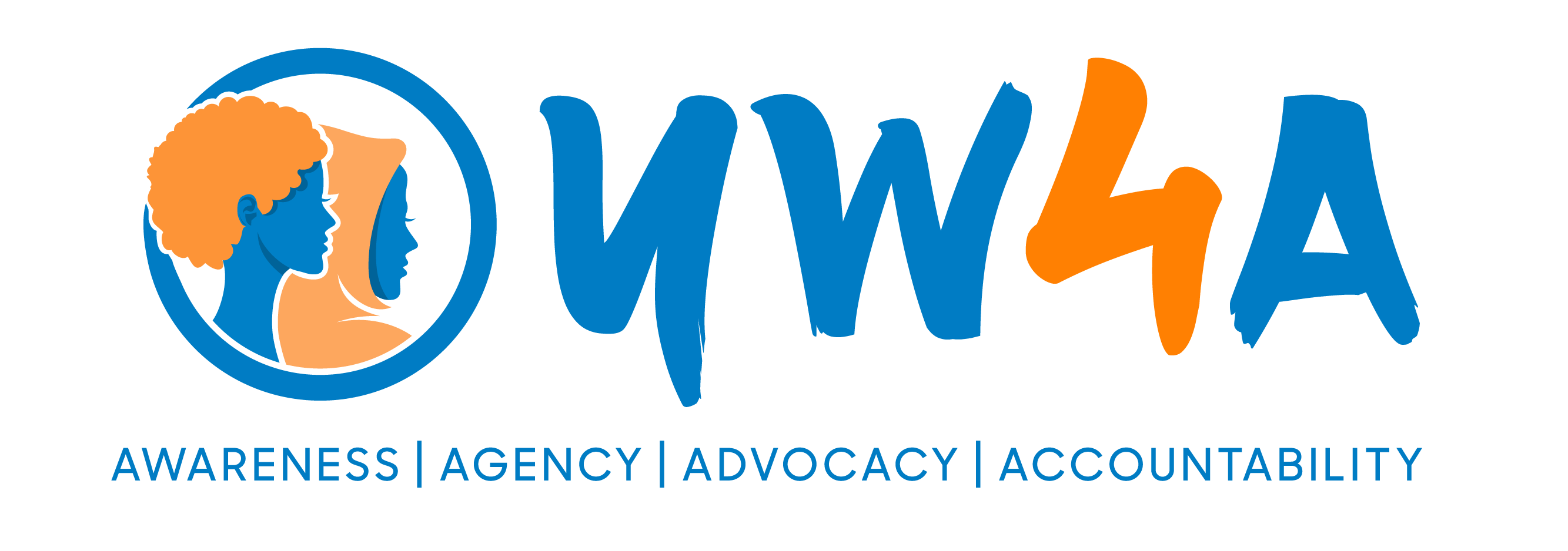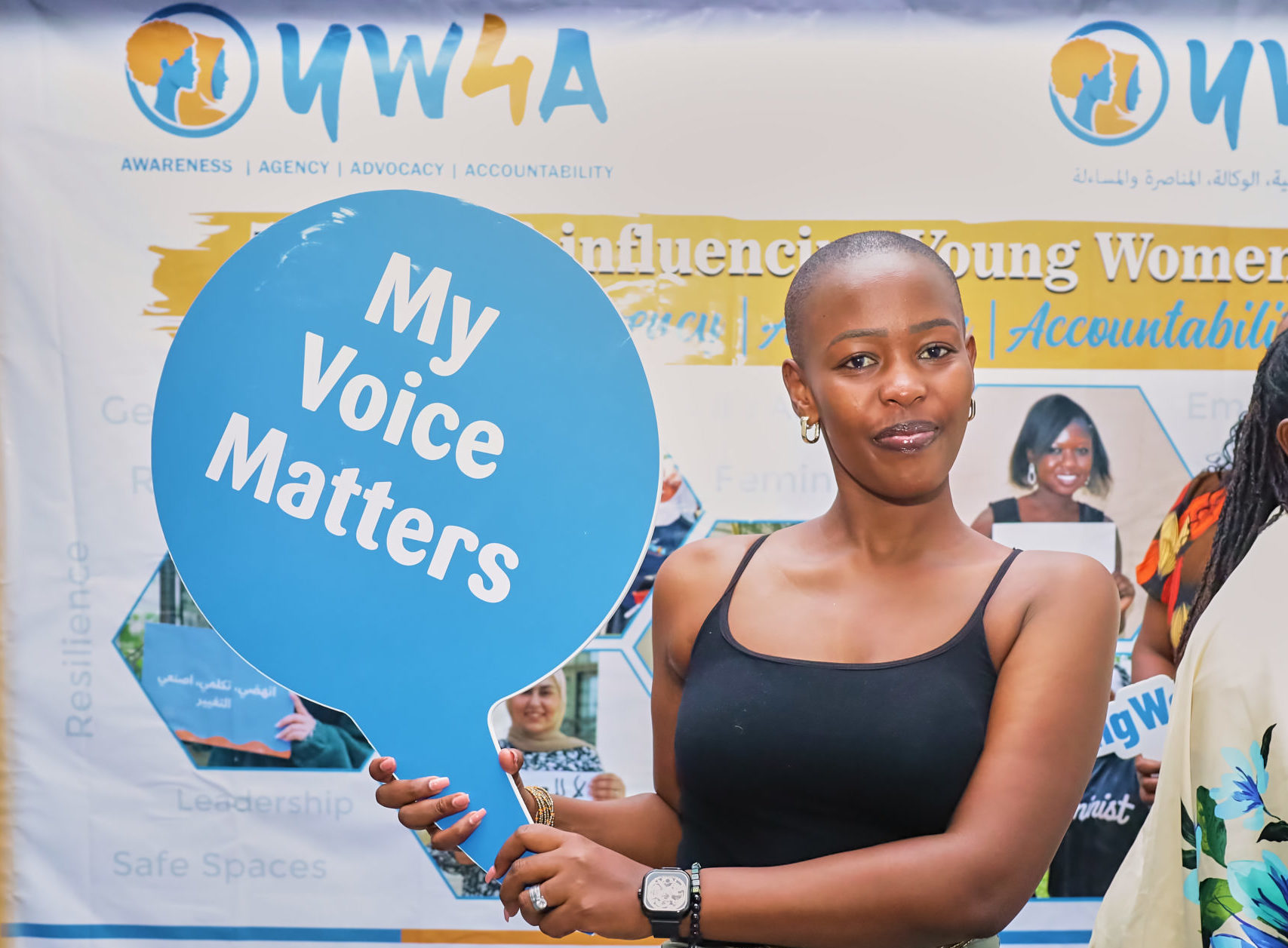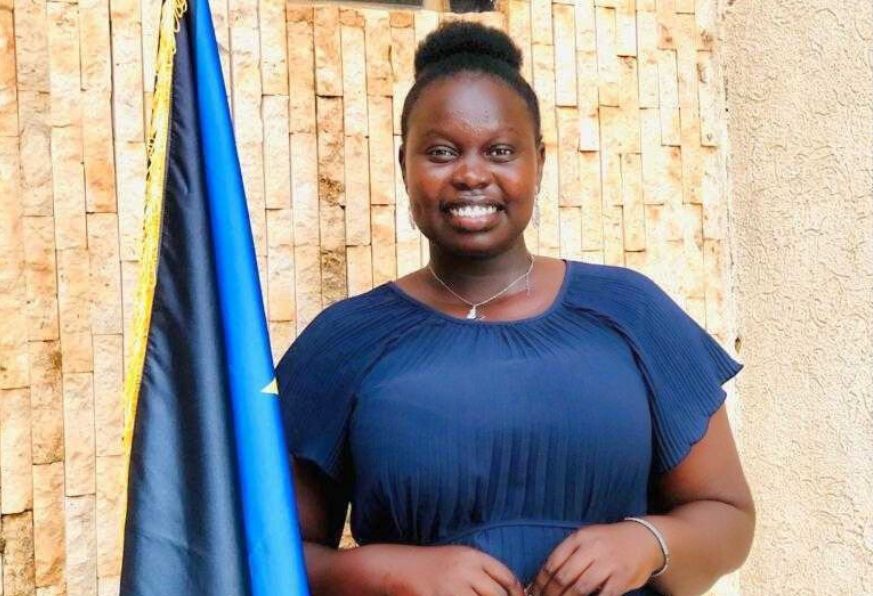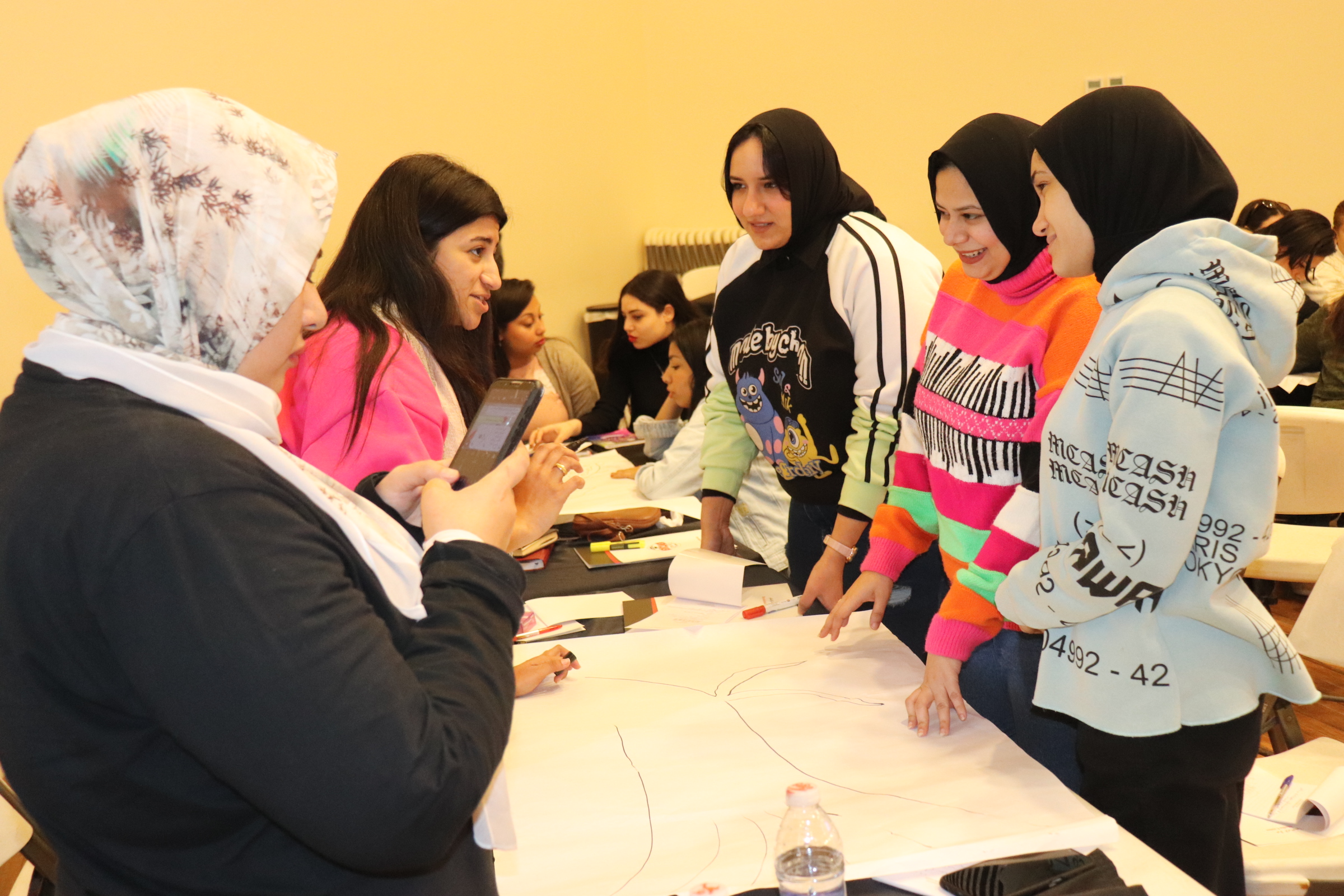In restrictive civic spaces like Egypt and Palestine, where discriminatory laws and social norms encumber progress on women’s rights, the YW4A programme has demonstrated how sustained, strategic advocacy by young women and WROs can lead to meaningful change.
What makes this a best practice is the layered, adaptive approach that combines legal literacy, coalition-building, international engagement, and digital safety. This approach provides young women with the tools, platforms, and connections they need to influence legal and policy reform from local to global levels. This approach has enabled young women to step into national and international spaces and be heard on issues like child marriage, sexual violence, and family law reform.

In both countries, young women and WROs face legal frameworks that restrict freedoms and limit opportunities for change. To respond, the programme prioritised building legal knowledge and advocacy capacity among young women. In Palestine, young women who received this training have taken on leadership roles in local campaigns addressing discriminatory provisions in personal status laws. In Egypt, the training directly contributed to young women’s increased participation in national-level conversations, particularly around the draft child marriage law.

To amplify this work, Equality Now supported the creation and strengthening of collective advocacy platforms, most notably the Hurra Coalition in Egypt. This coalition brought WROs, grassroots groups, and young leaders together to push for legal reforms. Through this coalition, young women contributed to advocacy around Egypt’s penal code and policies addressing sexual violence, increasing the reach and credibility of their demands.
At the same time, the programme recognised that national advocacy could be strengthened by engagement with international mechanisms.
Young women were supported in engaging with UN treaty bodies and the Human Rights Council (HRC) to amplify their voices and put additional pressure on national governments. Through this support, young women submitted shadow reports and participated in dialogue with state delegations, experiences that have strengthened their strategic advocacy planning. These learnings are now informing their preparations for the upcoming Commission on the Status of Women (CSW) in 2025, where they will again represent national priorities on a global stage.
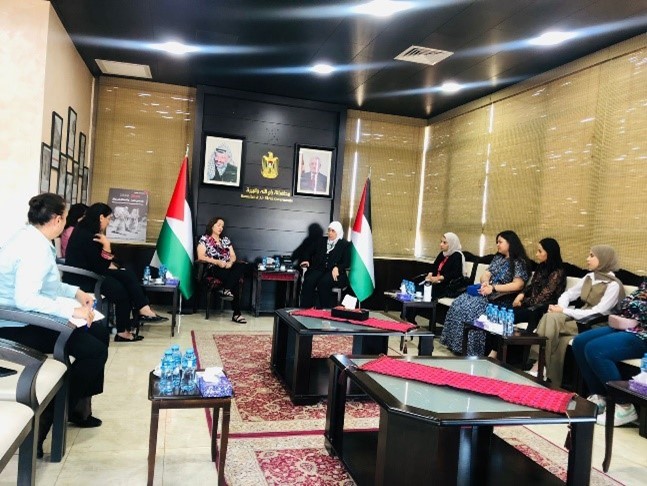
Given the risks that young activists face in restrictive environments, the programme also prioritised safety. Equality Now developed an Arabic-language toolkit on digital safety and SGBV documentation designed to help young women advocate while protecting themselves and their communities. Due to be published in 2025, this toolkit is a practical response to real and growing digital threats in these contexts.
These combined efforts have delivered tangible outcomes. Young women have successfully participated in national dialogues and contributed to growing public recognition of legal issues such as child marriage and family law reform. Their involvement in regional coalitions and international forums has also reinforced the credibility of their advocacy at home.
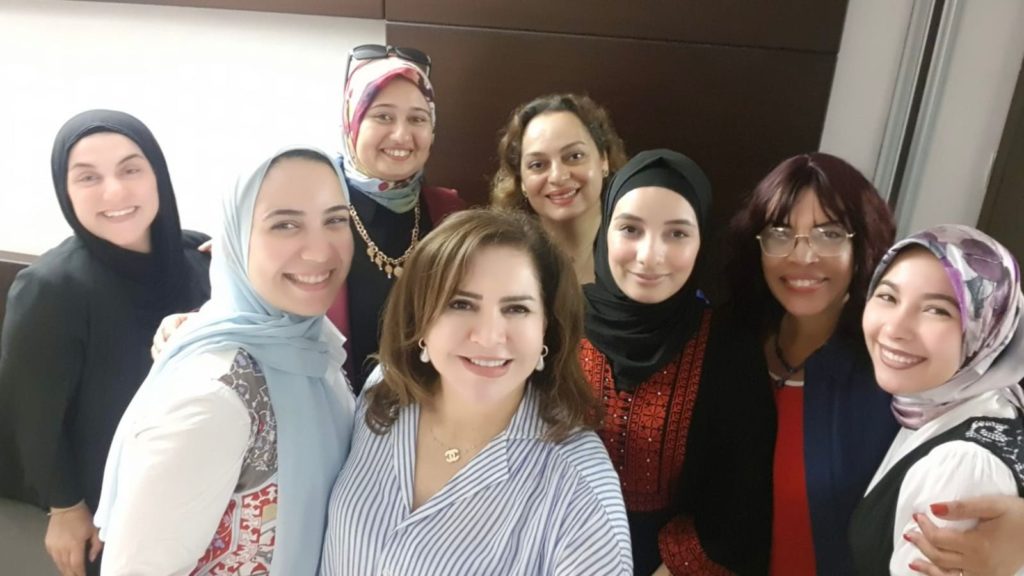
Several lessons have emerged:
- First, advocacy works best when tailored to the local legal and political context.
- Second, linking local efforts with international platforms boosts visibility and influence.
- Third, digital safety must be embedded in all advocacy initiatives, especially where risks are high. Institutionalising legal and media training within WROs will be critical to sustaining this work.
Strengthening cross-border networks—especially across the MENA region—will ensure that momentum continues beyond the programme’s life.
Through these efforts, the YW4A programme has helped shift the landscape for legal and policy reform in Egypt and Palestine. It has been shown that even in restrictive settings, young women are not just calling for change but driving it.
”As a young woman involved in international legal advocacy, I believe our perspectives challenge traditional approaches and ensure issues like gender-based violence are addressed. Our involvement in shaping international law promotes gender equality and long-term sustainability, and holds decision-makers accountable.”
-Passainte Beshay (29 years), Egypt
” Engaging with the Human Rights Council provided me with a deep understanding of how international human rights mechanisms operate. I learned about the role of special procedures in addressing specific country situations and thematic issues. Moreover, my engagement with the HRC honed my advocacy skills, as I practiced advocating for some of my country’s most critical issues. I have also become more aware of the diverse human rights challenges faced by different countries. This exposure to various cultural contexts and legal frameworks broadened my perspective, allowing me to identify common issues and understand the innovative approaches being implemented to address them.”
–Balqees Shaheen (26 years), Palestine
